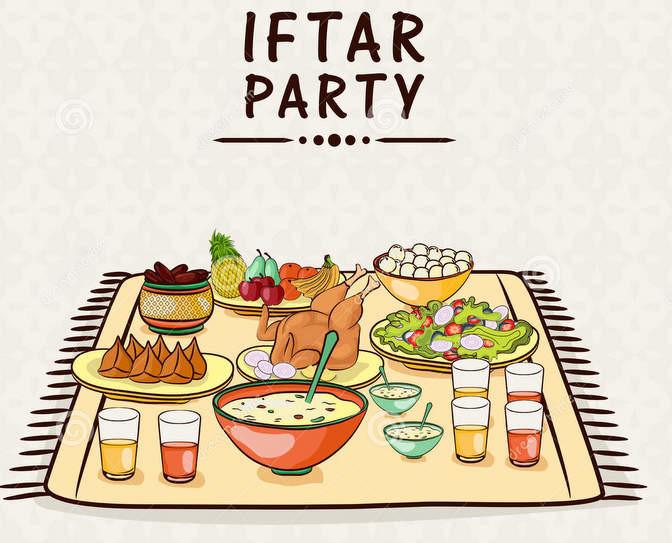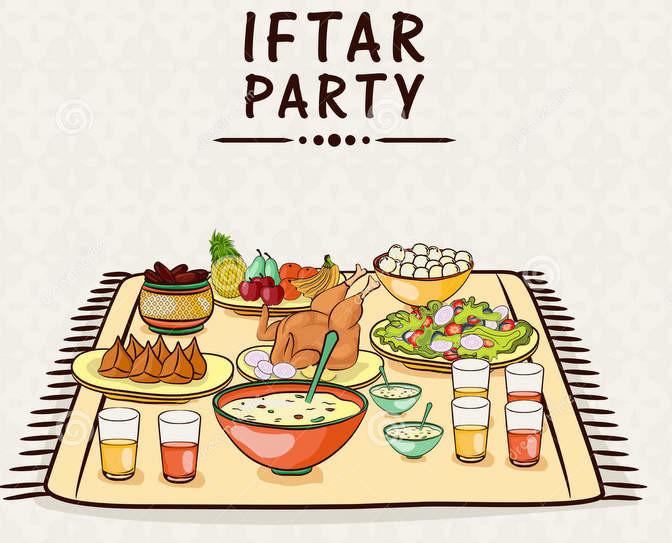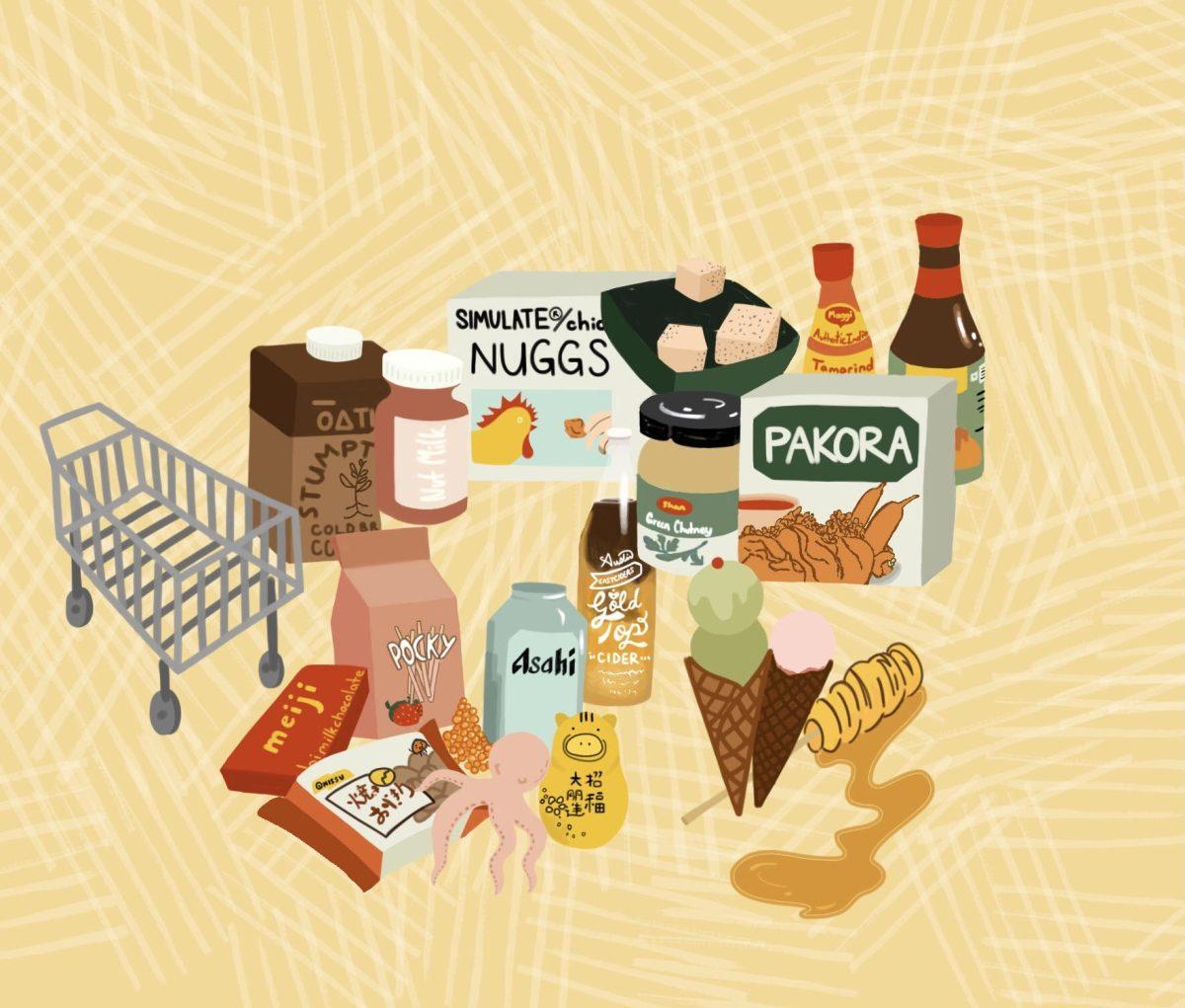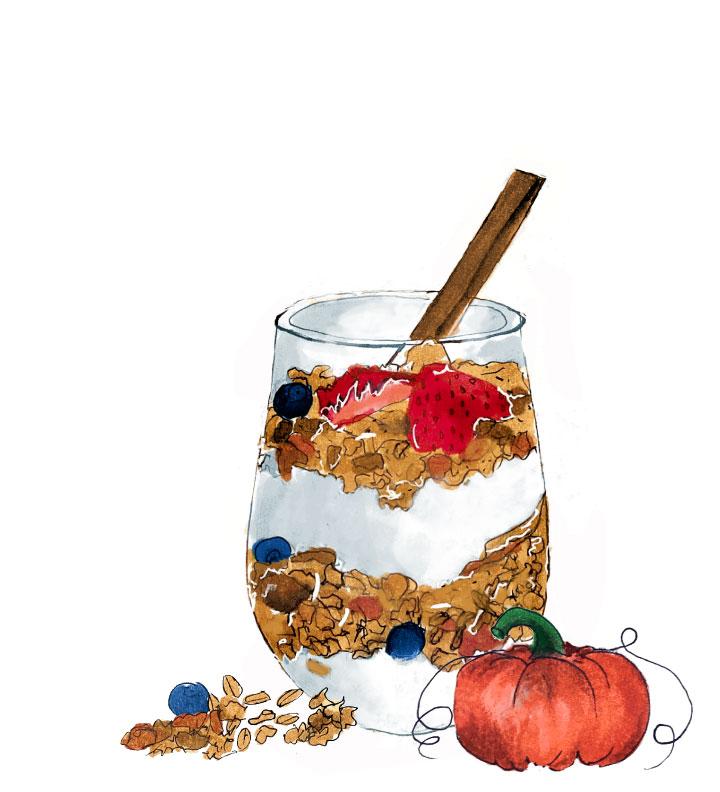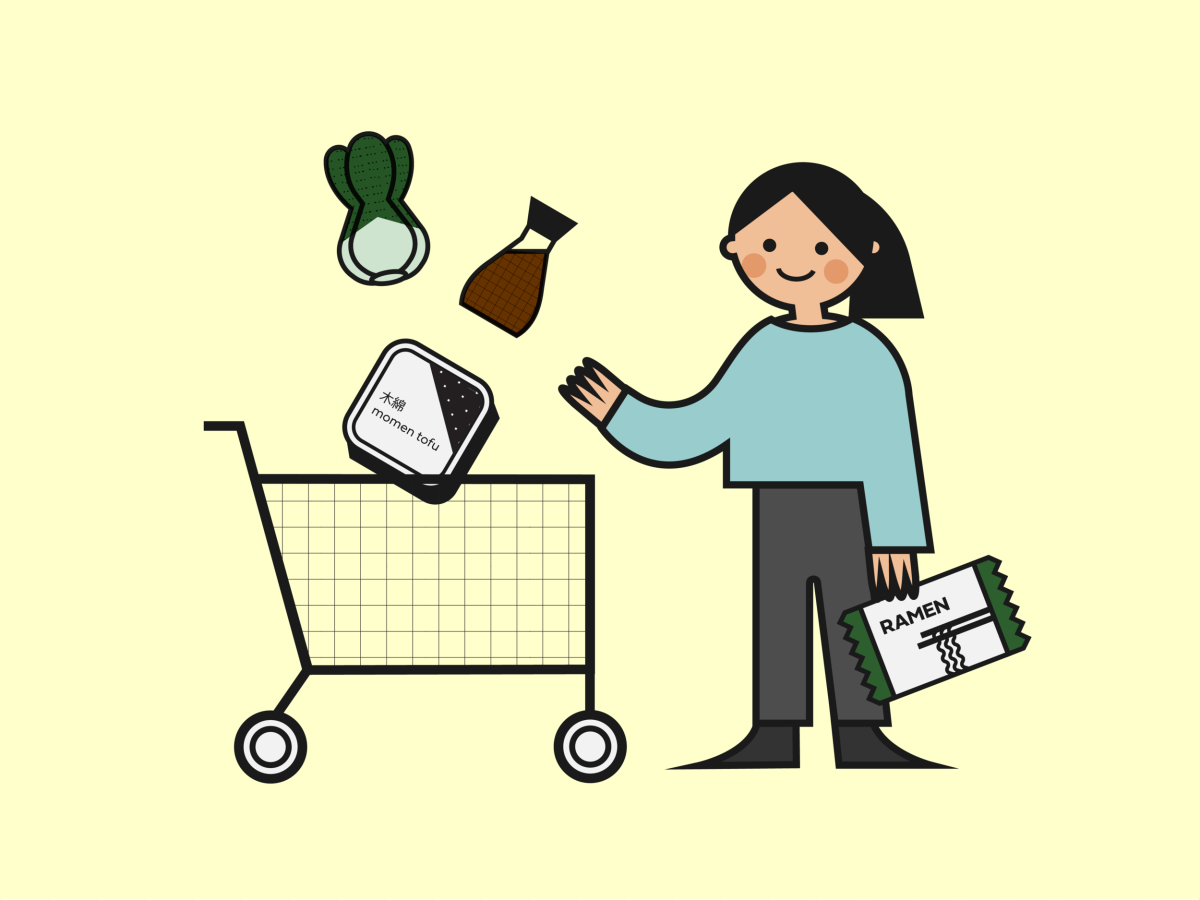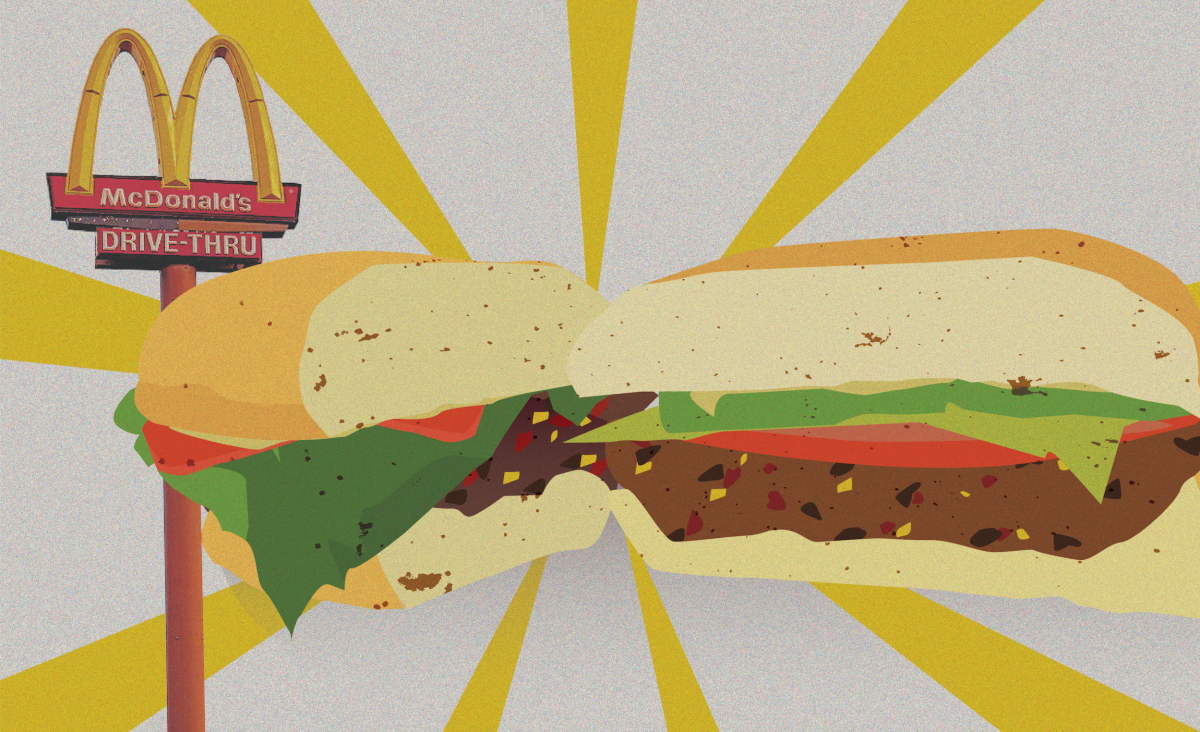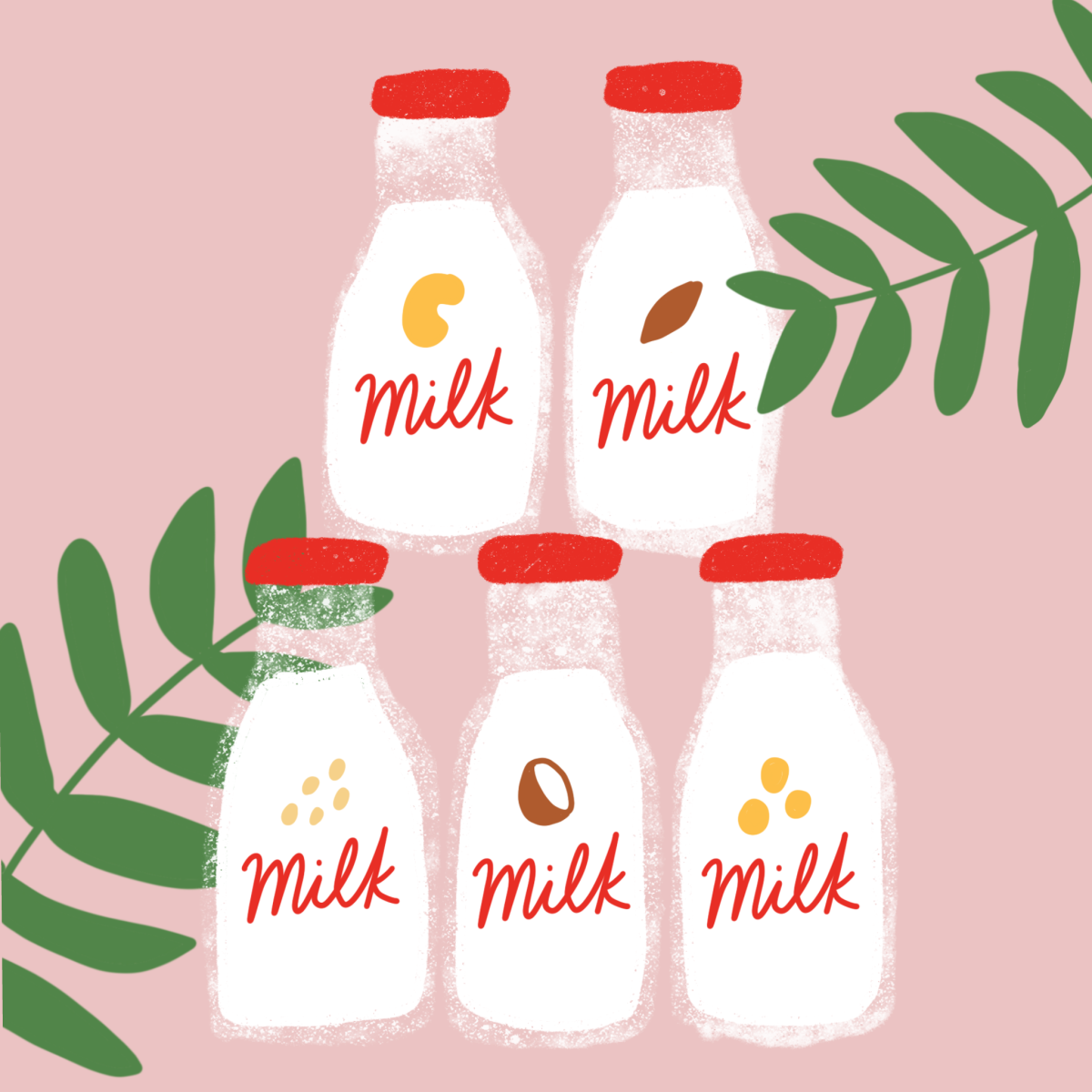Photo courtesy of City 1016.
Fasting occurs during the Islamic month of Ramadan. Due to the nature of the lunar calendar, the season that Ramadan falls in changes slightly from year to year. For a whole month, Muslims abstain from eating or drinking from dawn until dusk—not even water.
Story by Nafisa Gazi
The morning meal that starts the fast is called suhoor and lasts until the first prayer of the day before sunrise, and Iftar is the evening mealtime at sunset that breaks the fast.The purpose for abstaining is to increase our discipline and focus on our spirituality with God. Of course, there are allowances for sick people, people who must take medication, travellers and pregnant people—taking care of one’s health comes first.
This mention of health may come as a surprise to some people. How can keeping away from food and water be healthy?
A study by Dr. Valter Longo from the University of Southern California found that longer fasting periods can boost the immune system by clearing out or recycling damaged cells. The body goes through a detoxification process and any toxins that are stored in the fat are removed.
If you’ve ever entertained the thought of fasting for a month, a day, or even half a day; here are some tips from my own experience.
Snacking habits are among the hardest to break
It’s not just physical barriers that you have to overcome, there are mental ones, too. I realized just how much I snacked on a regular basis and what caused me to gravitate towards eating in the first place. I found that my habitual snacking stemmed from boredom or an activity associated with relaxing, like watching Netflix.
Drink at least 16 oz of water in the morning/right before you begin fasting
You don’t necessarily want to get full on water, but drinking enough to stay hydrated is key. I like to think of my stomach in 3 parts— I fill a third of it with food, another third with water, leave the last third empty so that my stomach doesn’t hurt or feel bloated.
Pay attention to how your body reacts to different types of foods
Consciously keep in mind the specific times when you start to get hungry. Personally, I notice that I get two major waves of feeling hunger/thirst throughout the day. At around 11am I start to get a little thirsty, and at about 4-5pm I get major hunger pangs. By paying close attention to what I feel and when it occurs, I can get myself though the day because I know when to expect certain feelings. From personal experience I can say the first 10 days are usually the hardest, as your body begins to adjust.
Break your fast with someone
Even if your friend wasn’t fasting, it’s feels more enjoyable to breaking your fast with someone. In addition, your friend can help you prepare the meal.
Eating communally will motivate you to keep your fasts for longer periods of time. Breaking fast at the mosque in America is very common during Ramadan, it feels like going to a giant potluck everyday. Seeing the same people every day at the mosque and eating together made my connection to the community stronger. It’s one of the main reasons Muslims look forward to Ramadan so much—it brings people together.
Put effort into your dinner plans
Ramadan is the time where everyone gets the most excited about preparing food. The main discussion of each day is what will be served at iftar that evening. Some go to a new restaurant, others try new recipes. The point being is that new cuisines are more appreciated because you’ve been fasting all day. Even if you are fasting alone, preparing a beautiful platter of fruit for yourself is relaxing and helps distract from keeping an eye on the clock, counting down the minutes till sunset.































